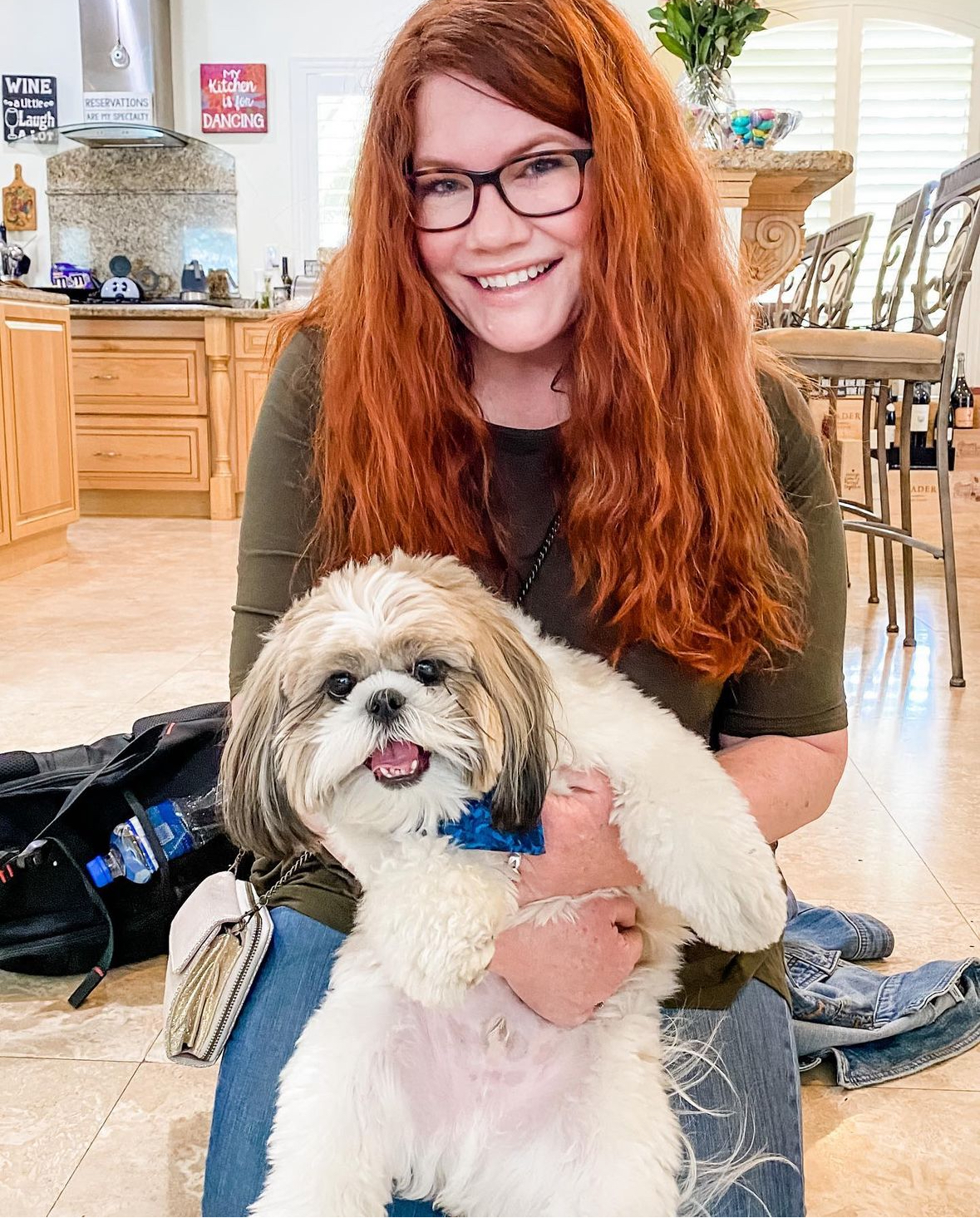What Is Dog Socialization and Why Is It Important?
Dog socialization involves exposing your dog to various new sounds, sights, smells, surfaces, environments, objects, people, and animals in a way that helps your dog open up to them in a positive way and be calm and confident. It is crucial to socialize a puppy as it can have the following benefits:
- Socialization helps a dog to be confident in different circumstances.
- It helps a dog remain composed even in stressful situations.
- A well-socialized dog is an excellent travel companion as they are very adaptable.
- It automatically makes a dog more accepting in a variety of social situations.
- It makes the world a better place for your dog.
The Right Age To Socialize A Puppy
The critical socialization period for a puppy is between the ages of 8-16 weeks. At this sensitive age, a puppy has the ability to absorb everything like a sponge and is very open to new things and experiences. Since your puppy is new to the world at that age, what they see is what they end up learning.
For example, when an 8-week-old puppy meets a big dog for the first time and ends up getting mauled by him, he might end up having negative associations with big dogs. Although it is never too late to expose a dog to a variety of experiences and environments, we cannot always expect the dog to be equally open to them. After the age of 16 weeks, the puppy may or may not be as accepting. If the dog is apprehensive of newness, we don’t socialize, we desensitize.
The Difference Between Socialization & Desensitization
Socialization is the process of exposing a dog to novel experiences so that the dog learns to have a positive reaction to them. Desensitization, on the other hand, means to change an existing emotional response to a stimulus.
For example, taking a puppy to a metro station for the first time is socialization. However, if the puppy is already scared of metro stations, taking the puppy there to change his fearful response and establish positive associations is called desensitization.
The Socialization Process
Socialization, when done right, can transform a dog; if done wrong, it can damage a dog. Here are some tips to remember while socializing a puppy:
- Give the puppy ample space and time.
- Carry high-value rewards to form positive associations.
- Keep praising the dog.
- Allow the puppy to back off in case of discomfort or scary experiences.
- Never force the puppy to interact.
- It’s okay to comfort the puppy when scared; however, don’t coddle him.
- When your pup recovers from a scary experience, reward heavily.
Common Socialization Mistakes
#1 – “The vet has asked me to wait”
There is a debate between vets and trainers regarding the right time to take a puppy out. While some vets say it isn’t safe to take a puppy out until all vaccinations are done, not exposing a puppy to the outside world for so long can have disastrous effects on a puppy’s psyche. Majority of the times most behavioral concerns can be nipped in the bud with appropriate and positive socialization.
#2 – Equating and limiting socialization to dog-to-dog play
Most people equate socialization with dog-to-dog play. While it’s important for a young dog to have calm and friendly interactions with other dogs, it isn’t a dire need for a dog’s well-being. Socialization does not end at just dog play.
#3 – Overcrowding the puppy
Overcrowding happens when a puppy is subjected to too many things all at once and is not given any time to process anything. This leads to over-stimulation which translates into hyperactivity, biting, aggression, and anxiety.
#4 – Forcing the dog to interact
When in conflict, dogs choose either of two options – Flight or Fight. Forcing the dog to interact can lead to adverse behavior.
#5 – Separating the puppy from their mother and littermates too soon
It is imperative that a puppy spends the initial 8 weeks of his life with his mother and littermates. This is not only important so that the puppy is weaned off, but also because the littermates provide the initial and crucial socialization experience. The puppy learns the following life skills from his mother and littermates:
- Bite inhibition
- Boundaries
- Appropriate reaction to new sounds and noises
- The right way to play
- Pack structure
- Separation anxiety
- Health issues
- Fearfulness
- Zero bite inhibition eventually leading to intense, hurtful bites
- Possible Resource or food guarding
At Habibi Bears we raise our puppies on an Advanced Puppy Curriculum, called the Habibi Method. All puppies come home with lifetime support and our new Puppy Training and Raising manual, complete with weekly assignments and charts to set you and the family up for success with your new puppy.
Until next time,

